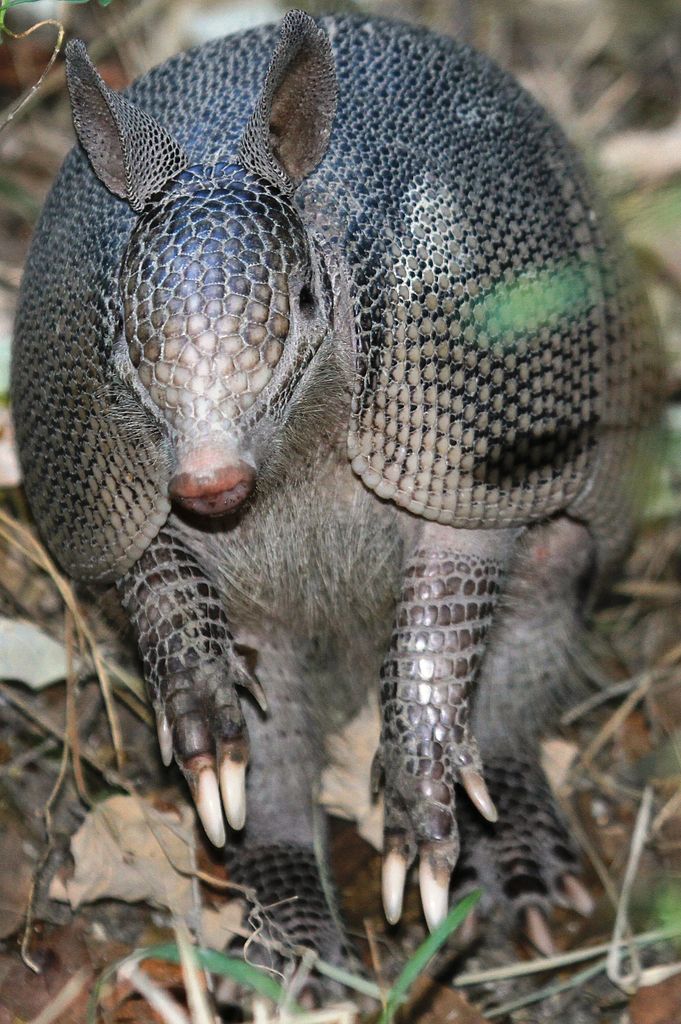Cases of Leprosy have spiked to near endemic levels in Florida, according to a report from the Centers For Disease Control (CDC), but Hernando County seems to have evaded the uptick.
Also known as Hansen’s Disease, it is caused by slow-growing infectious bacteria that primarily affect the skin and peripheral nervous system (PS). The PS includes nerves outside the brain and spinal cord, and Hansen’s Disease can affect the nerves, skin, eyes, and lining of the nose, the CDC said. Symptoms include discolored patches of skin that may be numb and look faded, growths on the skin, painless ulcers on the soles of the feet, and muscle weakness or paralysis, especially in the hands and feet.
The condition is not easily spread from person to person or through casual contact, such as shaking hands, sitting beside, or talking to someone who has the disease, the agency said.
A research letter published in the Aug. 8 issue of the CDC’s Emerging Infectious Diseases (EID) Journal reported that 81 percent of cases in Florida were reported in Central Florida, which includes Brevard, Citrus, Hernando, Hillsborough, Lake, Orange, Osceola, Pasco, Pinellas, Polk, Seminole, Sumter, and Volusia counties.
According to the report, the Florida cases represent nearly one-fifth of all new leprosy cases in the U.S.
“Florida reported eight cases of leprosy in 2022,” said Ashley Thomas, spokesperson for the Hernando County Health Department. “To date, Florida has reported 16 cases this year.” Most of Florida’s recently confirmed cases of the disease occurred in Brevard County, the letter said.
According to the Florida Fish and Wildlife Commission (FWC), some armadillos, including Nine-banded armadillos, are naturally infected with the disease that causes Hansen’s Disease, and though the risk is very low, most people who come into contact with the animals are unlikely to get the disease. “Nine-banded armadillos are primarily nocturnal burrowers who spend most of their day in the cooler air underground and come out at night to forage on insects,” said FWC Spokesperson Lisa Thompson.
Even so, the CDC recommends that people avoid contact with armadillos whenever possible. Those who have had contact with an armadillo and are worried about getting Hansen’s disease are advised to talk with their doctors, who will follow up over time to see if they develop the disease.
Meanwhile, the Florida Department of Health (FDOH) continues to monitor cases of leprosy reported throughout the state. “The Department encourages Floridians to continue practicing proper sanitary measures, and they should remain vigilant for its signs and symptoms,” Thomas said. “If an individual suspects infection, he or she should seek medical attention immediately.”

